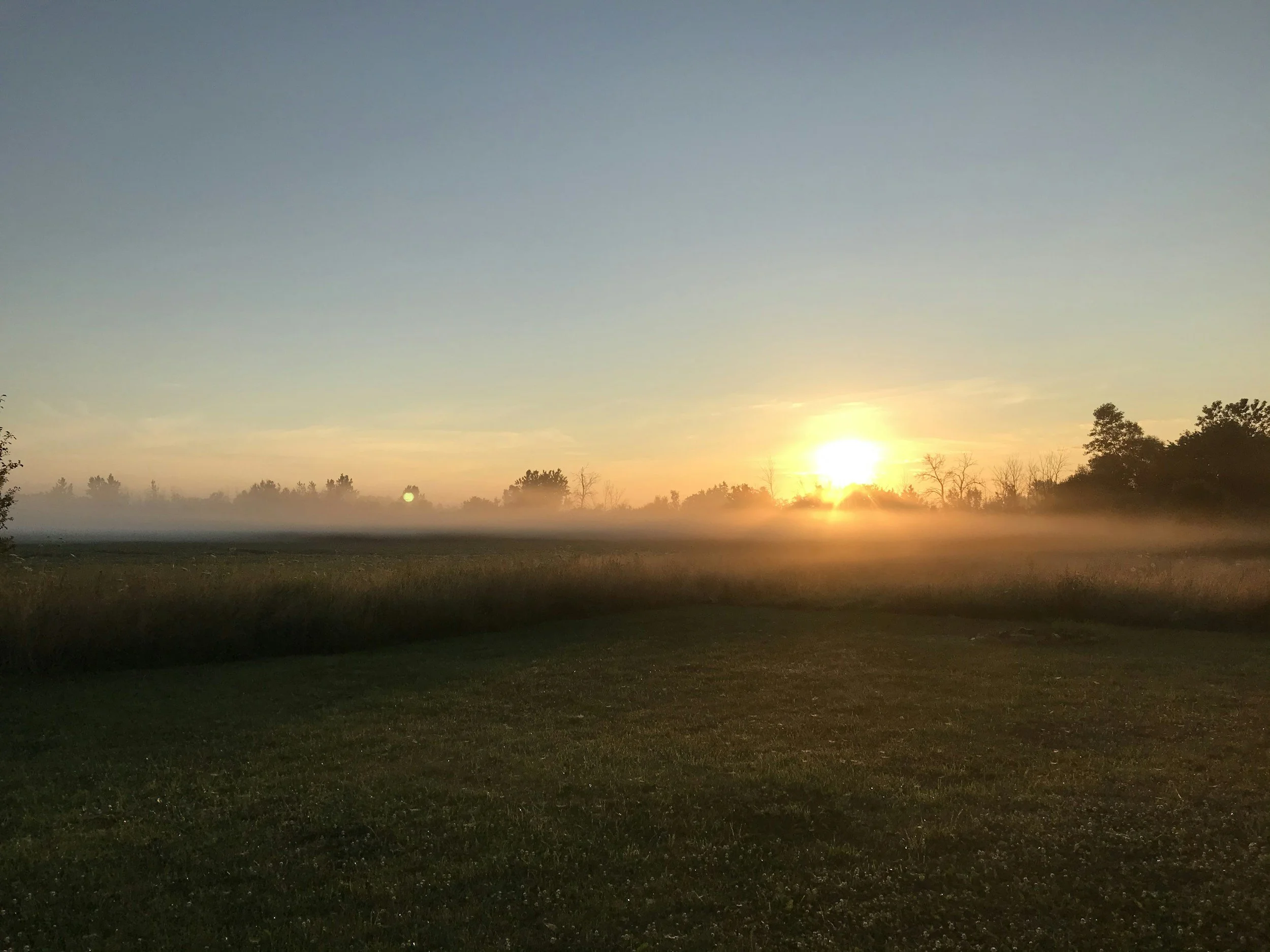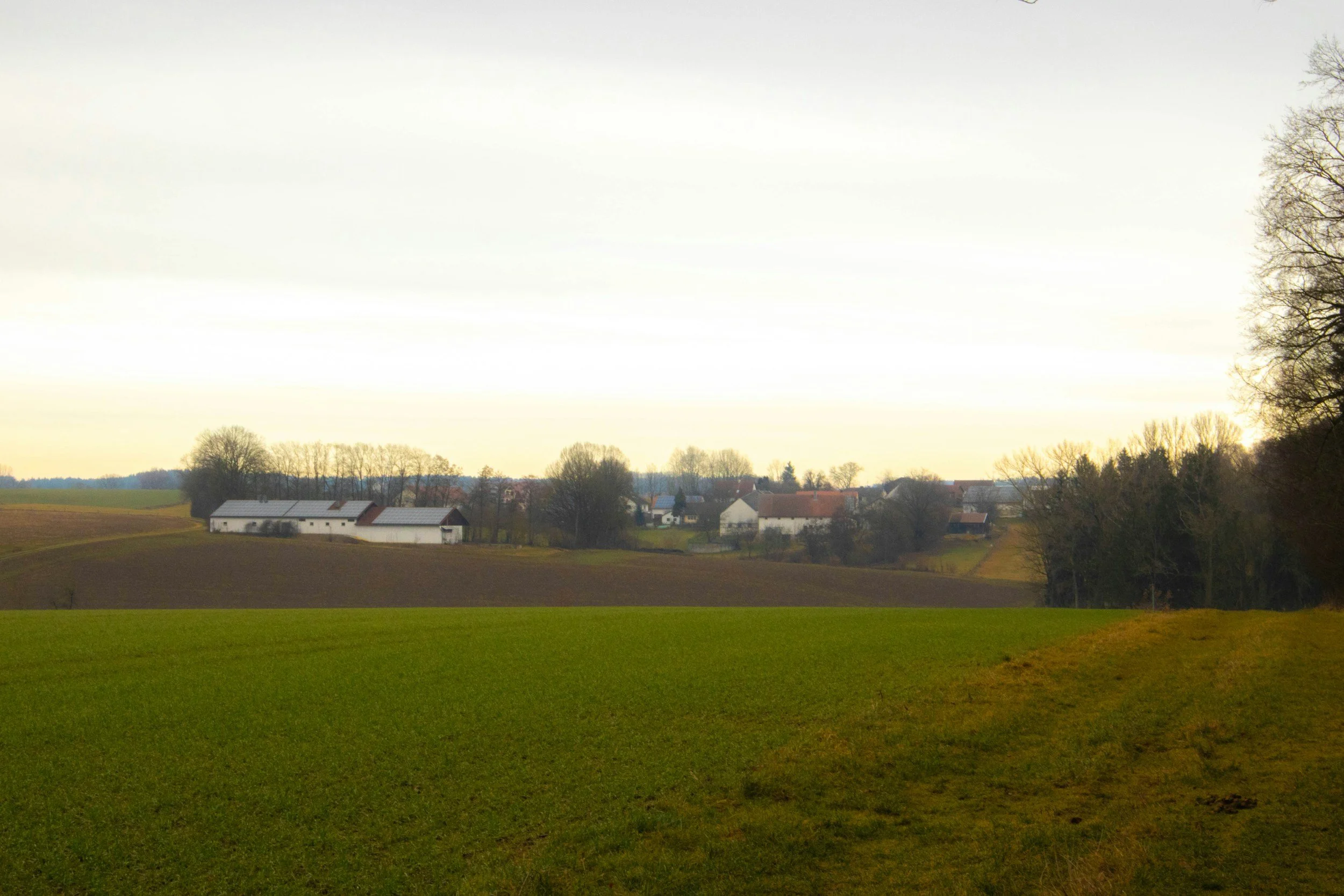
Spreading God’s Glory,
One Rural Church at a Time
Our Purpose
Our Mission
The Brainerd Institute exists to equip the saints to lead healthy churches.
We believe God uses the church to demonstrate an unparalleled display of His glory. We also believe He wants His glory to cover the Earth. If both are true, a full display of God’s glory requires churches in every corner of the planet, including easily-overlooked rural communities. That’s why we train and support leaders to strengthen churches in places many consider “the middle of nowhere.”
Everything we do centers on four key pillars: Sufficiency of Scripture, Leadership Cultivation, Gospel Saturation and Pastoral Health.
Sufficiency of Scripture
Leadership Cultivation
Pastoral Health
Gospel Saturation
What We Do
We invest in people so rural churches can thrive.
Through hands-on training, deep encouragement, and gospel-centered relationships, we’re raising up a new generation of leaders for hard-to-reach places.
Here’s how we do it:
Pastoral Residency – A twelve-month, boots-on-the-ground training pathway for men preparing to lead in rural churches.
Cohorts – Ongoing support and sharpening for pastors, church leaders, and ministry wives, grounded in the Word and rooted in friendship.
Regional Gatherings – Events that strengthen rural churches through preaching, instruction, and relationships.
Resource Development – Articles, podcasts, and tools to help rural Christians lead faithfully, wherever God has placed them.
Every effort is designed to serve the local church and spread God’s glory into the forgotten corners of the map.
Residency
Train where most won’t go because God’s glory is meant to be visible everywhere.
The Brainerd Residency is a full-immersion training experience for men discerning a call to pastoral ministry in rural places. Over the course of twelve months, residents live in the community, serve in real churches, and receive personal, theological, and pastoral training from seasoned leaders.
This isn't seminary. It’s preparation for real life in overlooked places from overlooked places.
You’ll study, preach, shepherd, and serve alongside in the context of the rural church, so when the time comes, you’re ready to lead with courage, conviction, and clarity.
God’s mission reaches to the ends of the Earth. Come train for the places many have forgotten.
Podcasts
Biblical encouragement for life and ministry in overlooked places.
Rural Church Renewal
A podcast for rural pastors, by rural pastors. Join TJ Freeman, Joe Wagner, and Josh MacClaren as they tackle the joys and challenges of leading churches in forgotten places with practical wisdom, theological clarity, and a touch of humor.
Back to Rurality
Life in a small town comes with unique challenges. In Back to Rurality, TJ Freeman helps everyday Christians rediscover why rural life matters to God. Each episode speaks to real struggles like suffering, spiritual apathy, and battling sin, all through the lens of biblical truth and rural faithfulness.

Articles
Upcoming Events
You weren’t meant to do ministry alone.
Throughout the year, the Brainerd Institute hosts gatherings that bring rural pastors, church leaders, and believers together for training, encouragement, and worship.
These events, like our Equip gatherings, regional retreats, and leadership intensives, strengthen gospel partnerships and equip the saints to lead healthy churches in hard-to-reach places.
And this is just the beginning. As more people partner with us, we envision these events multiplying across the country until every rural community has access to strong, faithful, Word-centered churches.
Come be sharpened. Come be encouraged. Come together for the spread of God’s glory!















